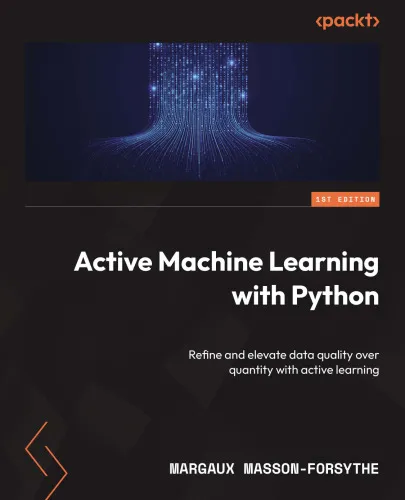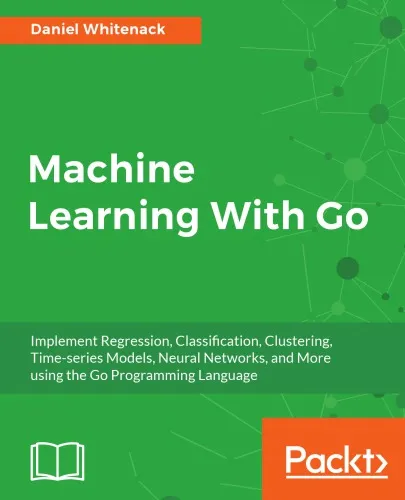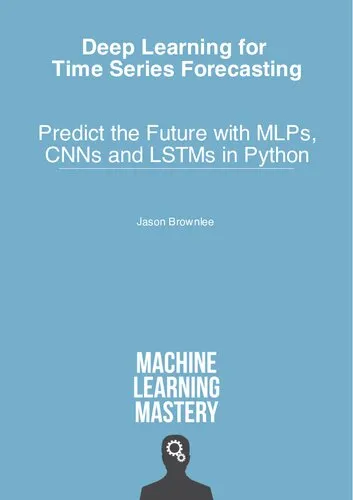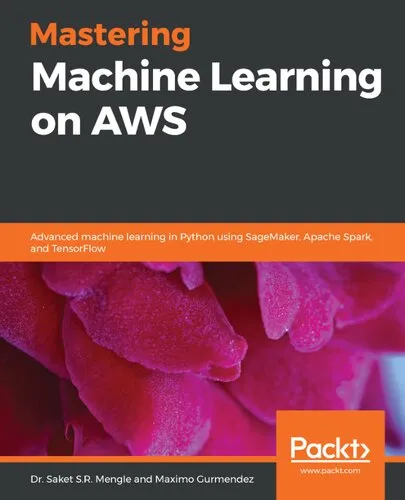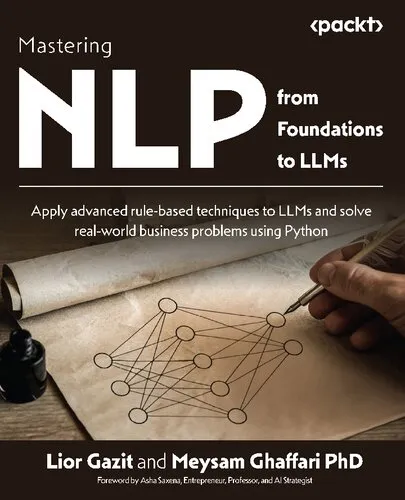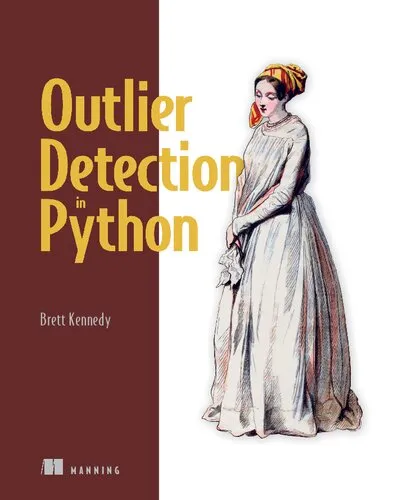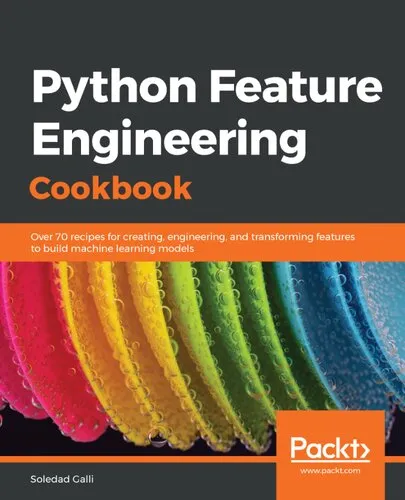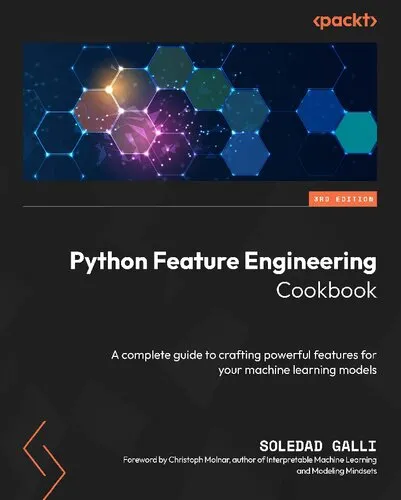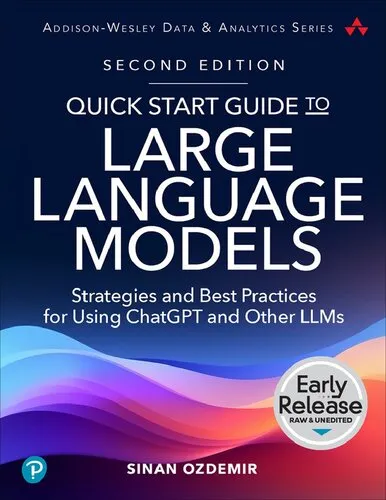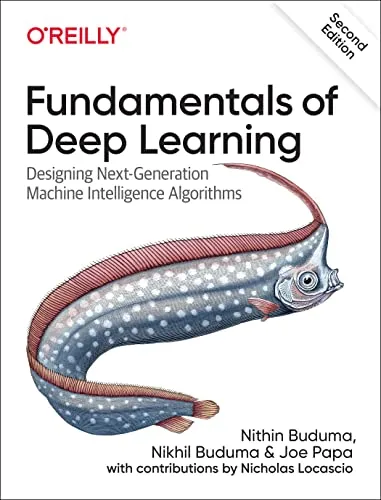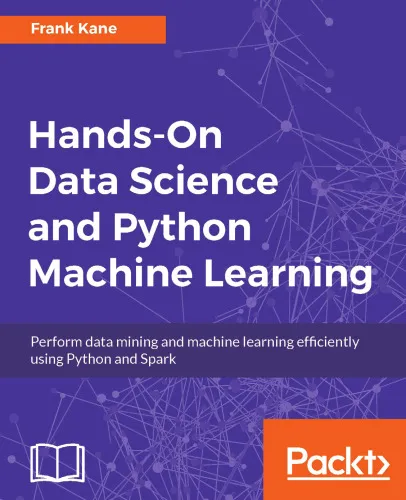Active Machine Learning with Python: Refine and elevate data quality over quantity with active learning
4.5
Reviews from our users

You Can Ask your questions from this book's AI after Login
Each download or ask from book AI costs 2 points. To earn more free points, please visit the Points Guide Page and complete some valuable actions.Related Refrences:
Introduction to "Active Machine Learning with Python"
In the ever-evolving field of data science and machine learning, the principle of "quality over quantity" is gaining remarkable traction. "Active Machine Learning with Python: Refine and elevate data quality over quantity with active learning" is written to address this paradigm shift. Authored by Margaux Masson-Forsythe, the book lays a comprehensive foundation for leveraging active learning techniques to significantly improve machine learning model performance by teaching models more effectively with less data. Designed for beginner and seasoned data scientists alike, it explores advanced concepts and methodologies while maintaining strong hands-on practicality. This introduction delves into the essence of the book, highlighting its key sections and explaining why it's an invaluable addition to your professional library.
Detailed Summary of the Book
"Active Machine Learning with Python" starts with foundational concepts of active learning, discussing how traditional machine learning models frequently suffer from diminishing returns when fed vast amounts of uncurated data. Margaux introduces readers to the idea that models don’t necessarily require countless hours of manual annotation nor gigabytes of labeled data to achieve exceptional results. By implementing active learning techniques, only the most "informative" data instances are selected for training, boosting efficiency while maintaining predictive accuracy.
The book is structured systematically—starting with theoretical insights, moving into the practical data science tools needed to implement active learning, and culminating in real-world applications. Topics such as uncertainty sampling, query-by-committee, and multi-class active learning are explored in depth. With Python as its instructional language, the book provides hands-on examples that equip readers with immediate skills to integrate active learning in their projects.
As the reader progresses, Margaux emphasizes how active learning can expedite machine learning workflows and reduce costs associated with human annotation. The book also delves into the ethical implications of using fewer but higher-quality data points, touching on issues of bias mitigation and model interpretability.
Key Takeaways
- Understand the core principles of active learning and why traditional approaches often fall short in maximizing efficiencies.
- Learn how to apply active learning techniques using Python libraries like Scikit-learn, TensorFlow, and PyTorch.
- Discover how to identify the "informative" dataset instances and prioritize them for labeling.
- Explore numerous strategies, including uncertainty sampling, query-by-committee, and diverse querying methods.
- Gain insights on reducing annotation costs while boosting model performance through targeted learning approaches.
- Understand how active learning promotes ethical modeling practices by reducing dataset bias and fostering inclusivity.
Famous Quotes from the Book
"The path to smarter machine learning lies not in feeding the model everything but in handpicking what truly matters."
"Active learning is the art of empowering models to ask the right questions before they're expected to know the answers."
"Efficiency in machine learning isn't found in the mountains of data but in the peaks of meaningful insights."
Why This Book Matters
Machine learning practitioners are continually faced with the challenge of balancing resource constraints and the pressure to develop high-performing models. While the temptation to procure vast datasets and label them comprehensively remains strong, this book redefines the narrative, encouraging smarter workflows that rely on strategic sampling. Margaux’s emphasis on active learning is not only relevant but transformative in today’s landscape.
By adopting active learning, professionals can significantly reduce expenses associated with data labeling, making this approach highly accessible to startups and small teams. Moreover, the book’s focus on ethical AI through reduced data biases is particularly crucial in ensuring the sustainability of machine learning in socially sensitive scenarios.
Whether you're a data scientist aiming to boost your model's performance or a business leader contemplating how to maximize your AI investment, "Active Machine Learning with Python" equips you with actionable strategies and insights. It is a timeless resource that bridges the gap between theory and practice, underscoring the pursuit of smarter, leaner technology solutions.
Free Direct Download
You Can Download this book after Login
Accessing books through legal platforms and public libraries not only supports the rights of authors and publishers but also contributes to the sustainability of reading culture. Before downloading, please take a moment to consider these options.
Find this book on other platforms:
WorldCat helps you find books in libraries worldwide.
See ratings, reviews, and discussions on Goodreads.
Find and buy rare or used books on AbeBooks.
1432
بازدید4.5
امتیاز0
نظر98%
رضایتReviews:
4.5
Based on 0 users review
Questions & Answers
Ask questions about this book or help others by answering
No questions yet. Be the first to ask!
